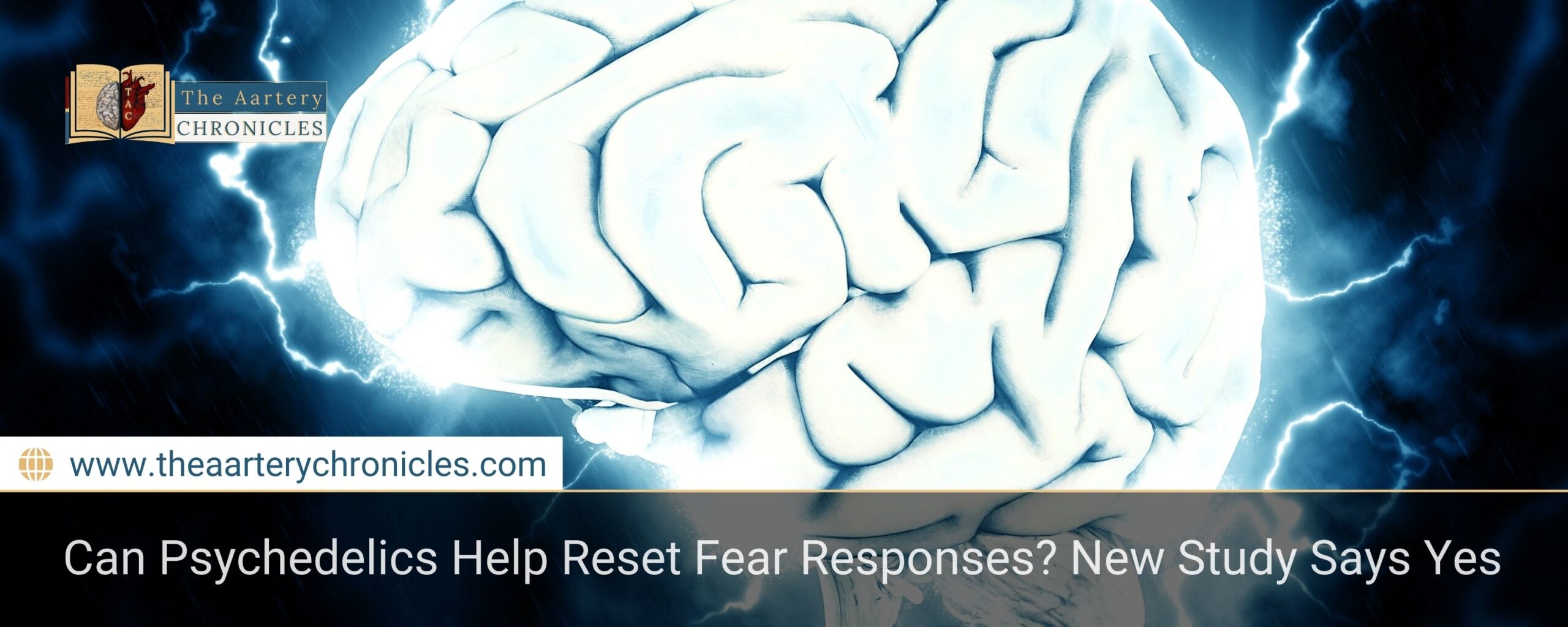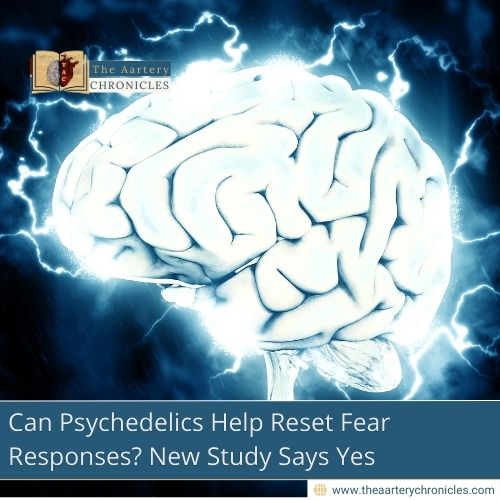

Can Psychedelics Help Reset Fear Responses? New Study Says Yes
Summary: New research from Mass General Brigham reveals that the immune system’s interaction with brain cells plays a big role in triggering fear responses. Psychedelics like MDMA and psilocybin could reverse these effects by reducing brain inflammation and resetting brain-immune communication, offering hope for treating stress-related disorders like anxiety and depression.
Did you know? Chronic stress can actually rewire your brain’s fear center... and your immune system might be behind it!
Groundbreaking research from Mass General Brigham uncovers a surprising link: interactions between immune cells and brain cells directly influence fear responses. Even more exciting, treatments with psychedelics like MDMA and psilocybin might help reverse these changes and reduce stress-related fear.
Let’s dive into how this discovery could open new doors for treating
- Anxiety
- Depression
- Inflammatory conditions
How the Immune System Shapes Fear and Stress
For years, scientists knew that immune signals could drive neuropsychiatric diseases like major depressive disorder (MDD). But how exactly the immune system influenced fear and stress behaviors remained a mystery.
The Mass General Brigham team used a mouse model of chronic stress to explore this. They discovered that when stress is high:
- Immune cells called monocytes migrate to the brain’s protective layers (the meninges).
- Inflammation increases in the brain’s amygdala, the centre responsible for fear.
- This boosts fear-promoting neurons and worsens anxiety behaviors.
In simpler terms? Chronic stress causes an immune invasion that rewires your brain to be more fearful.
Psychedelics: More Than Just Perception Changes
Here’s where it gets fascinating.
The researchers treated the stressed mice with MDMA and psilocybin, two well-known psychedelic compounds. The results?
- Prevention of monocyte accumulation in the brain.
- Reduction in fear behaviors.
- Reversal of inflammatory brain changes.
As Michael Wheeler, PhD, the study’s senior author, explained:
“Our study underscores how psychedelics can do more than just change perception; they can help dial down inflammation and reset brain-immune interactions.”
This powerful insight was not limited to mice. Human brain tissue samples and gene expression data from patients with MDD showed similar immune-brain communication patterns, suggesting these effects might also occur in people.
What This Means for Mental Health and Future Treatments
The findings open up new possibilities for treating conditions like:
- Chronic stress-related disorders
- Anxiety
- Major depressive disorder (MDD)
- Other inflammation-driven neuropsychiatric diseases
However, researchers emphasise caution.
“We’re not saying that psychedelics are a cure-all for inflammatory diseases or any other health condition,” Wheeler noted.
Instead, psychedelics could offer tissue-specific benefits by calming inflammation and promoting healthier brain-immune communication.
Next steps?
Ongoing clinical trials at Massachusetts General Hospital are already testing psychedelics in patients with depression.
- Future studies aim to track long-term effects and deepen our understanding of how psychedelics influence immune cells.
Conclusion: A New Hope for Fear and Anxiety Treatment?
This new research is a huge leap forward in understanding the brain-immune connection behind fear and stress responses.
Psychedelics like MDMA and psilocybin could offer new hope for treating anxiety, depression, and even inflammatory disorders, not just by altering perceptions, but by resetting critical brain-immune interactions.
The future looks bright, and science is just beginning to unlock the full potential of these powerful compounds.

Dane
I am an MBBS graduate and a dedicated medical writer with a strong passion for deep research and psychology. I enjoy breaking down complex medical topics into engaging, easy-to-understand content, aiming to educate and inspire readers by exploring the fascinating connection between health, science, and the human mind.








